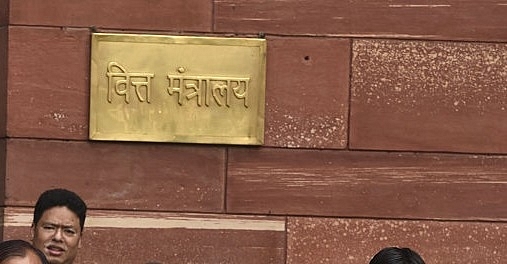
Centre Decides On 18 Parameters To Identify Shell Companies
A task force set up by the government has decided 18 parameters to define a ‘shell company’, moving a step closer to launching a crackdown on dubious entities exploiting the regulatory framework, Business Standard has reported.
According to the report, the task force will use parameters such as beneficial ownership and the nature of business dealings to conclude if a company has been created to launder money or exploit regulatory arbitrage.
If the company is found to have no beneficial ownership and is inconsistent in big-ticket transactions, it will most likely be tagged a ‘shell company’.
Additionally, if the company is found to have made disproportionate investments in shares of companies with dubious directors, it could be termed shell entities.
The panel has selected the parameters based on suggestions it had received from agencies and regulators, including the Enforcement Directorate, Securities and Exchange Board, Financial Intelligence Units, and the Central Board of Direct Taxes. The report prepared by the government panel, which was set up in July 2017, has been submitted its report to the Prime Minister’s Office, the Ministry of Finance, and the Ministry of Corporate Affairs for feedback.
“It is well understood that just defining a shell company is not enough to identify potential shell companies as there is a very thin line between legitimate businesses and illegitimate businesses, which depends on the merits and facts of each case. All that can be done is to identify and collate the attributes of shell companies from the broader definition and identify them from the total population of registered companies,” the panel’s report says.